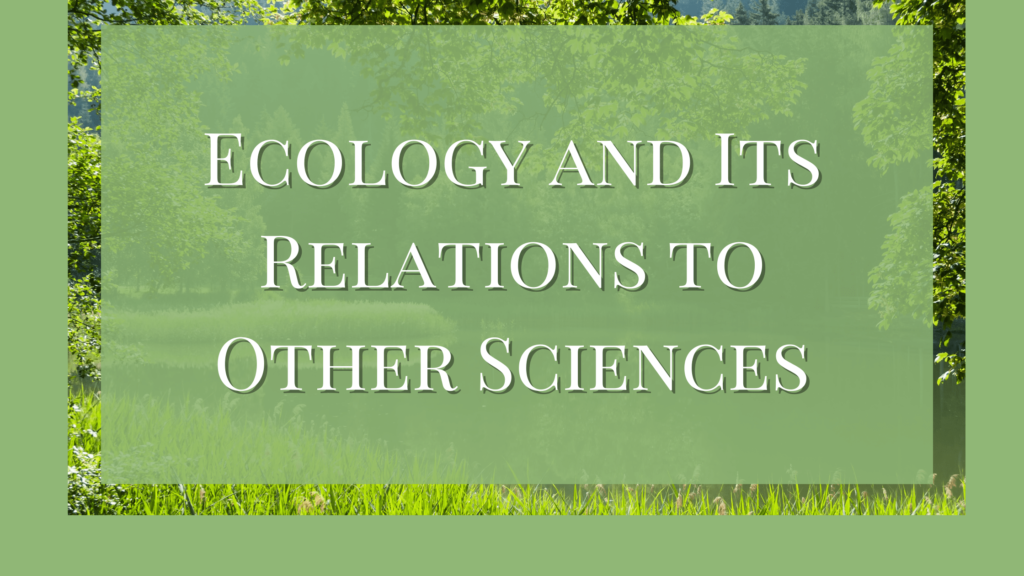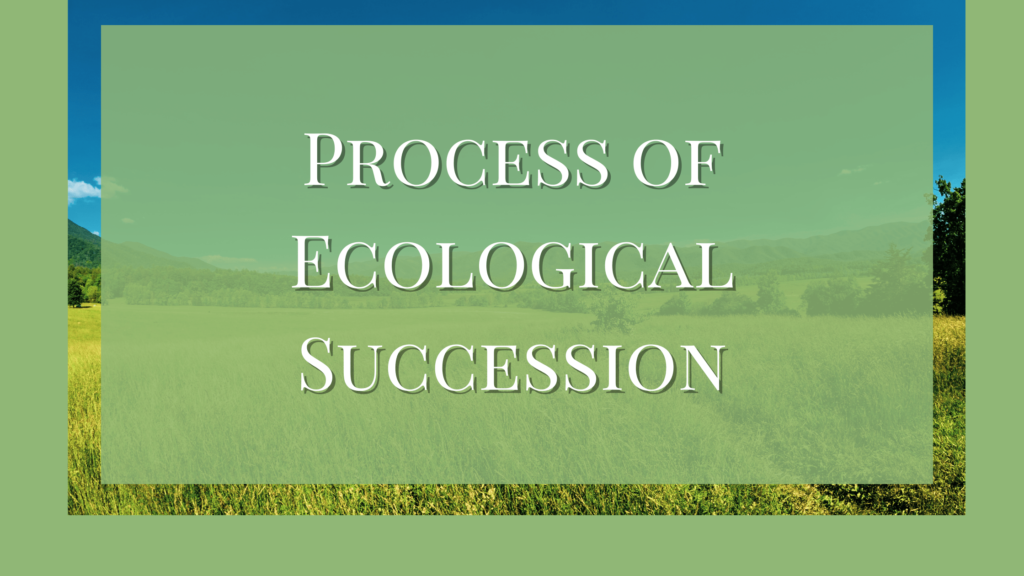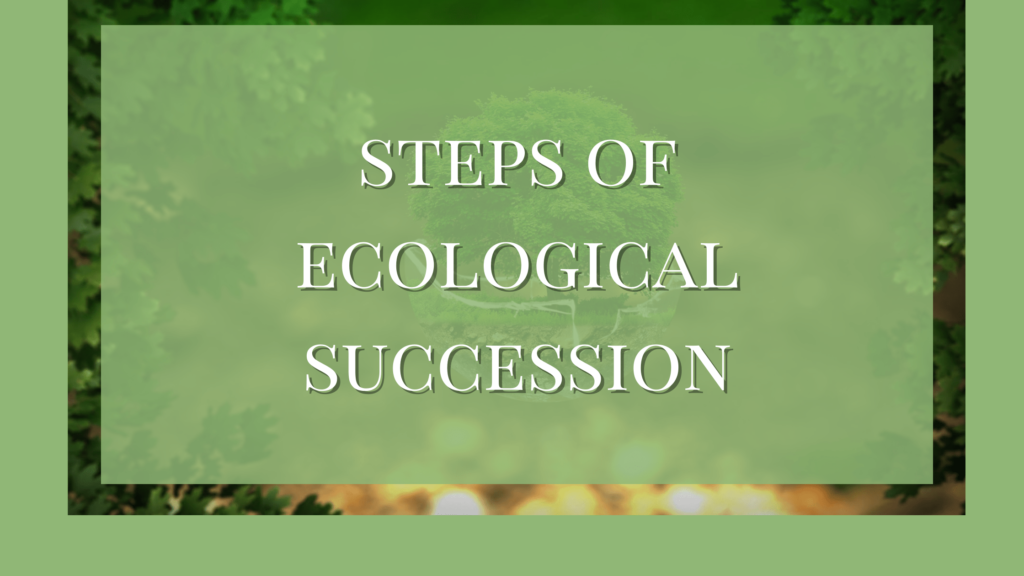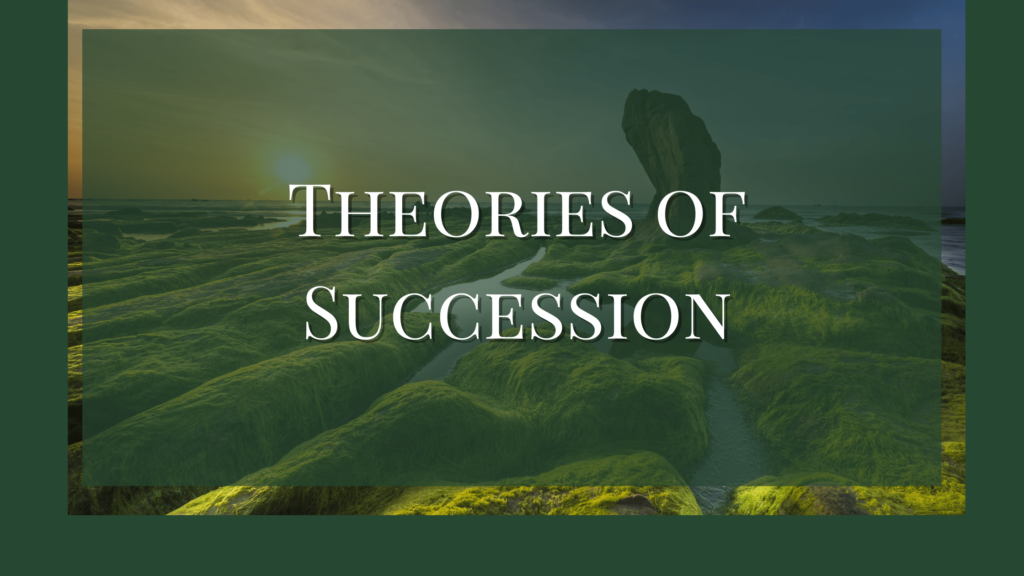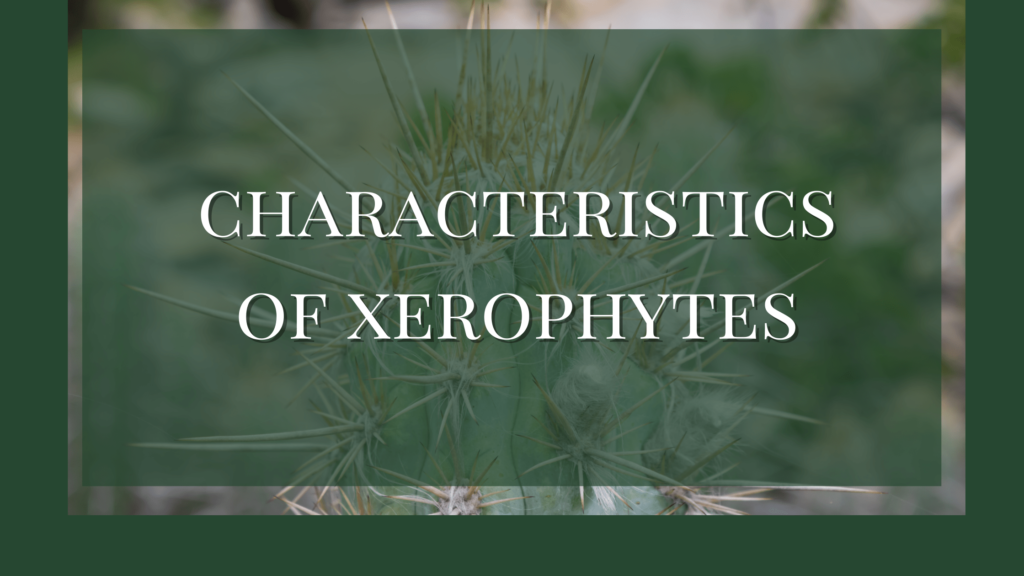The relationship of ecology with other sciences is vast and complex. Ecology is the scientific study of the relationships between organisms and their environment. It examines how living organisms interact with each other and their physical surroundings. Plant ecology is a diversified subject that overlaps with various branches of science.
The complexity of environmental issues that the world has, requires a cross-disciplinary approach and research. To understand the physical environment, one must know physics, chemistry, soil science, geology, climatology, topography, geography, etc. This is why there is an interrelationship between ecology and other branches of science.
Relationship of Ecology With Other Sciences
Here are some ways the relationship of ecology with sciences and scientific disciplines exists.
Biology and Ecology
Ecology is a branch of biology that focuses on the interactions of organisms with their environment. It studies the distribution, abundance, behavior, and adaptations of organisms to various environmental conditions. Ecology provides a general understanding of how biological processes operate at different levels of an ecosystem.
Ecology and Environmental Science
Environmental science uses knowledge from various sciences to deal with environmental issues such as pollution, climate change, and habitat degradation. It provides the principles and concepts that help with its research and management.
Ecology and Evolutionary Biology
Ecology helps study how environmental factors influence the distribution of a species. On the other hand, evolutionary biology helps understand how these interactions lead to the evolution of traits and species over the period. It assists in understanding the concepts of natural selection, adaptation, and speciation.
Ecology and Geology
Ecology relies on geological history to understand the current ecological patterns. Geology provides input on landscapes, soil types, and the availability of mineral resources. This knowledge is crucial for studying the distribution of habitats and the evolution of ecosystems.
Chemistry and Ecology
Chemistry is important for ecology to understand the cycling of nutrients, the impacts of pollutants, and the chemical composition of habitats. Chemical analysis helps ecologists determine the quality of water, air, and soil, and assess the effects of chemical substances on living organisms and ecosystems.
Ecology and Physics
Ecology uses physics to understand energy flow, climate patterns, and the physical structure of habitats. The concepts of thermodynamics, radiation, and fluid dynamics contribute to the study of energy transfer, temperature regulation, and movement of organisms.
Mathematical Ecology
Ecology uses mathematical models and statistical analyses to measure and predict ecological patterns and processes. They help ecologists in data analysis, develop hypotheses, and predict the population dynamics, species interactions, and ecosystem functioning. For example, detailed analytical and synthetical study of community patterns in grassland and other plant associations requires knowledge of statistics.
Conclusion
An in-depth study of ecology provides a foundation in the basic principles of physical and biological sciences.
- Morphology deals with structural and physiological behavior while ecology relates the structure and behavior of the organisms to their external conditions, paying attention chiefly to the cause and significance of environmental variations.
- Taxonomy is directly related to ecology. The basic field of botany, ie, taxonomy and morphology, physiology and genetics, etc decide the evolution of species, becoming a part of ecology when the environment is taken into consideration.
- The study of structural development and physiological variations in a species requires a study of genetics and the term gene ecology has been used for this field.
It becomes apparent that plant ecology is synthetic and many-sided because it is a common meeting ground for all phases of plant science and certain phases of other sciences.
References
Lowe, P., Whitman, G., & Phillipson, J. (2009). Ecology and the social sciences. Journal of Applied Ecology, 46(2), 297-305. https://doi.org/10.1111/j.1365-2664.2009.01621.x
